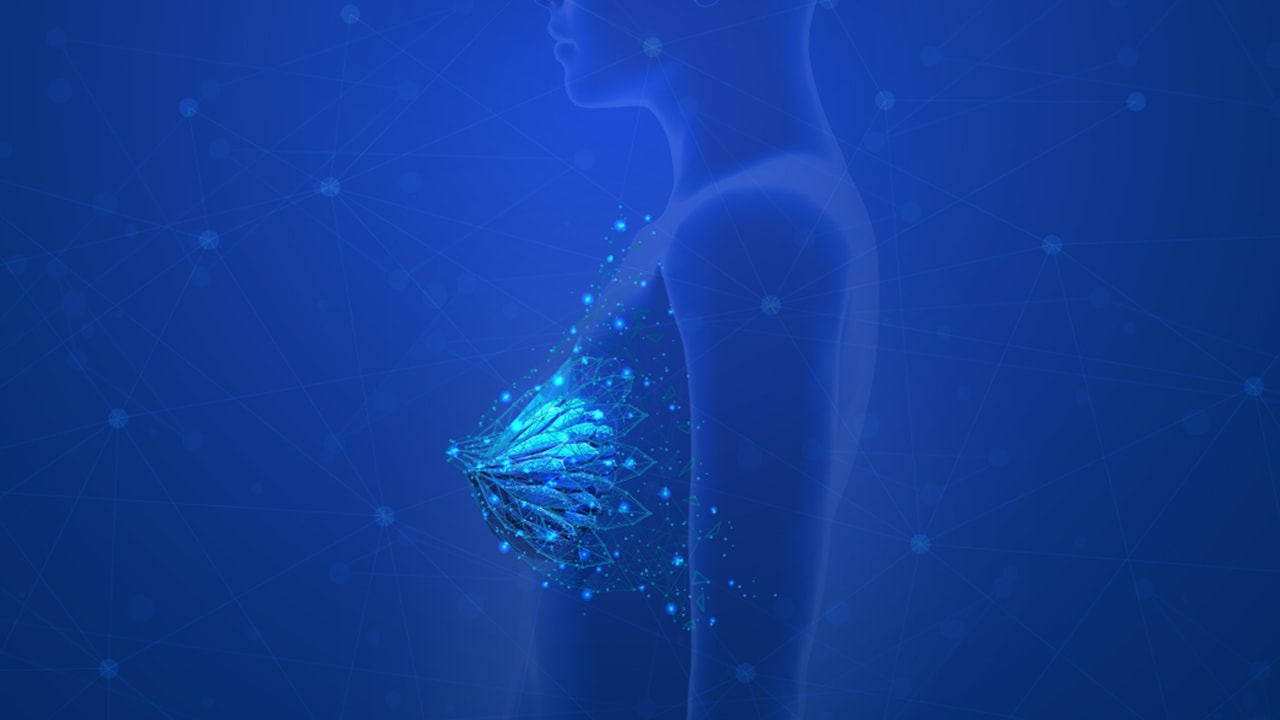Abstract and Introduction
Abstract
Introduction Specific coffee subtypes and tea may impact risk of pre- and post-menopausal breast cancer differently. We investigated the association between coffee (total, caffeinated, decaffeinated) and tea intake and risk of breast cancer.
Methods A total of 335,060 women participating in the European Prospective Investigation into Nutrition and Cancer (EPIC) Study, completed a dietary questionnaire from 1992 to 2000, and were followed-up until 2010 for incidence of breast cancer. Hazard ratios (HR) of breast cancer by country-specific, as well as cohort-wide categories of beverage intake were estimated.
Results During an average follow-up of 11 years, 1064 premenopausal, and 9134 postmenopausal breast cancers were diagnosed. Caffeinated coffee intake was associated with lower risk of postmenopausal breast cancer: adjusted HR = 0.90, 95% confidence interval (CI): 0.82 to 0.98, for high versus low consumption; P trend = 0.029. While there was no significant effect modification by hormone receptor status (P = 0.711), linear trend for lower risk of breast cancer with increasing caffeinated coffee intake was clearest for estrogen and progesterone receptor negative (ER-PR-), postmenopausal breast cancer (P = 0.008). For every 100 ml increase in caffeinated coffee intake, the risk of ER-PR- breast cancer was lower by 4% (adjusted HR: 0.96, 95% CI: 0.93 to 1.00). Non-consumers of decaffeinated coffee had lower risk of postmenopausal breast cancer (adjusted HR = 0.89; 95% CI: 0.80 to 0.99) compared to low consumers, without evidence of dose–response relationship (P trend = 0.128). Exclusive decaffeinated coffee consumption was not related to postmenopausal breast cancer risk, compared to any decaffeinated-low caffeinated intake (adjusted HR = 0.97; 95% CI: 0.82 to 1.14), or to no intake of any coffee (HR: 0.96; 95%: 0.82 to 1.14). Caffeinated and decaffeinated coffee were not associated with premenopausal breast cancer. Tea intake was neither associated with pre- nor post-menopausal breast cancer.
Conclusions Higher caffeinated coffee intake may be associated with lower risk of postmenopausal breast cancer. Decaffeinated coffee intake does not seem to be associated with breast cancer.
Introduction
Coffee and tea are the most popular beverages consumed worldwide, rendering them as relevant dietary exposures.[1] Coffee and tea consumption may protect against breast cancer through anticarcinogenic properties of their biochemical compounds such as caffeine, polyphenols and diterpenes[2–4] or through favorably altering the levels of hormones implicated in breast cancer.[5–9] While polyphenols, including flavonoids, may mimic estradiol structure and, hence, antagonize estrogen action, paradoxically, they may also bind weakly to estrogen receptors and promote estrogen-dependent transcription.[10]
A major systematic review by the World Cancer Research Fund and American Institute for Cancer Research had concluded that for the association between coffee and tea intake and pre- and postmenopausal breast cancer, evidence did not allow for definite conclusions.[11] A minority of studies that distinguished between types of coffee consumed showed contradictory results for decaffeinated coffee.[12] Nevertheless, it is conceivable that different types of coffee are associated with opposing effects on cancer risk owing to differences in their constituents. For instance, decaffeinated coffee may contain very low levels of caffeine (up to 0.1%).[13] Therefore, it is pertinent to further explore the effects arising from differing caffeine levels in caffeinated and decaffeinated coffee.
Premenopausal and postmenopausal breast cancers have been argued for some time to be diseases with somewhat different etiologies,[14,15] and it is conceivable that dietary factors may impact the risk of pre- and postmenopausal breast cancer differently.[16] It has also been recently hypothesized that breast cancer comprises two fundamental etiological components, which are to a certain extent defined by estrogen receptor expression by age at diagnosis. Therefore, it has been proposed that in large-scale population based studies, etiological analyses for breast cancer should be stratified according to molecular subtypes.[17] To date, relatively few studies have differentiated between pre- and postmenopausal breast cancers[12,18,19] or investigated the association between coffee and tea intake with breast cancer based on estrogen receptor (ER) and progesterone receptor (PR) status.[12,18,19] The results have been overall inconsistent and may be attributed to the fact that most studies were hampered by limited numbers of cases.[12,18,20]
We determined the association between coffee (total, decaffeinated and caffeinated) and tea consumption with risk of pre- and postmenopausal breast cancer within the European Prospective Investigation into Cancer and Nutrition (EPIC) cohort.[21] Distinction was also made between breast cancers by hormone receptor status.
Breast Cancer Res. 2015;17(15) © 2015 BioMed Central, Ltd.
Copyright to this article is held by the author(s), licensee BioMed Central Ltd. This is an Open Access article: verbatim copying and redistribution of this article are permitted in all media for any purpose, provided this notice is preserved along with the article's original citation.










